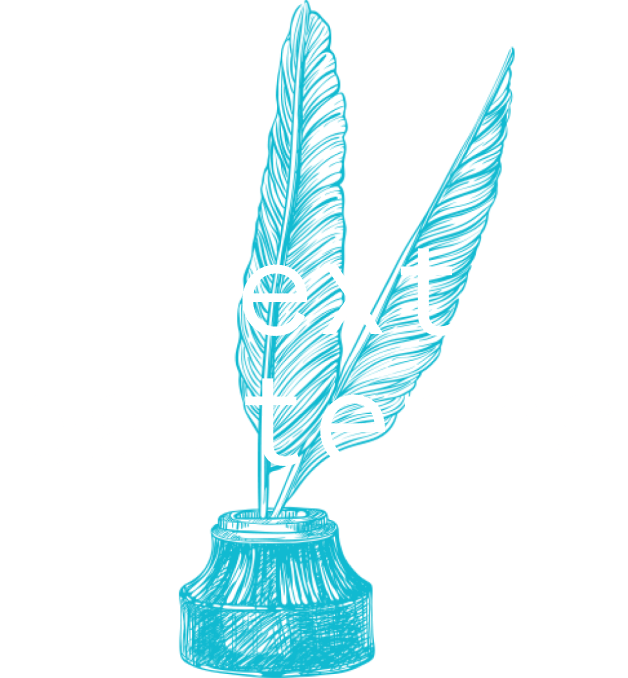May 28, 2014
Twitter tsunamis
I often have to remind myself not to think in terms of what’s happening on Twitter, but rather what’s happening in my Twitter feed. I only follow around 200 people — more than that and I get disoriented — and those people are scarcely representative of Twitter users as a whole. So take the thoughts that follow for what they’re...


